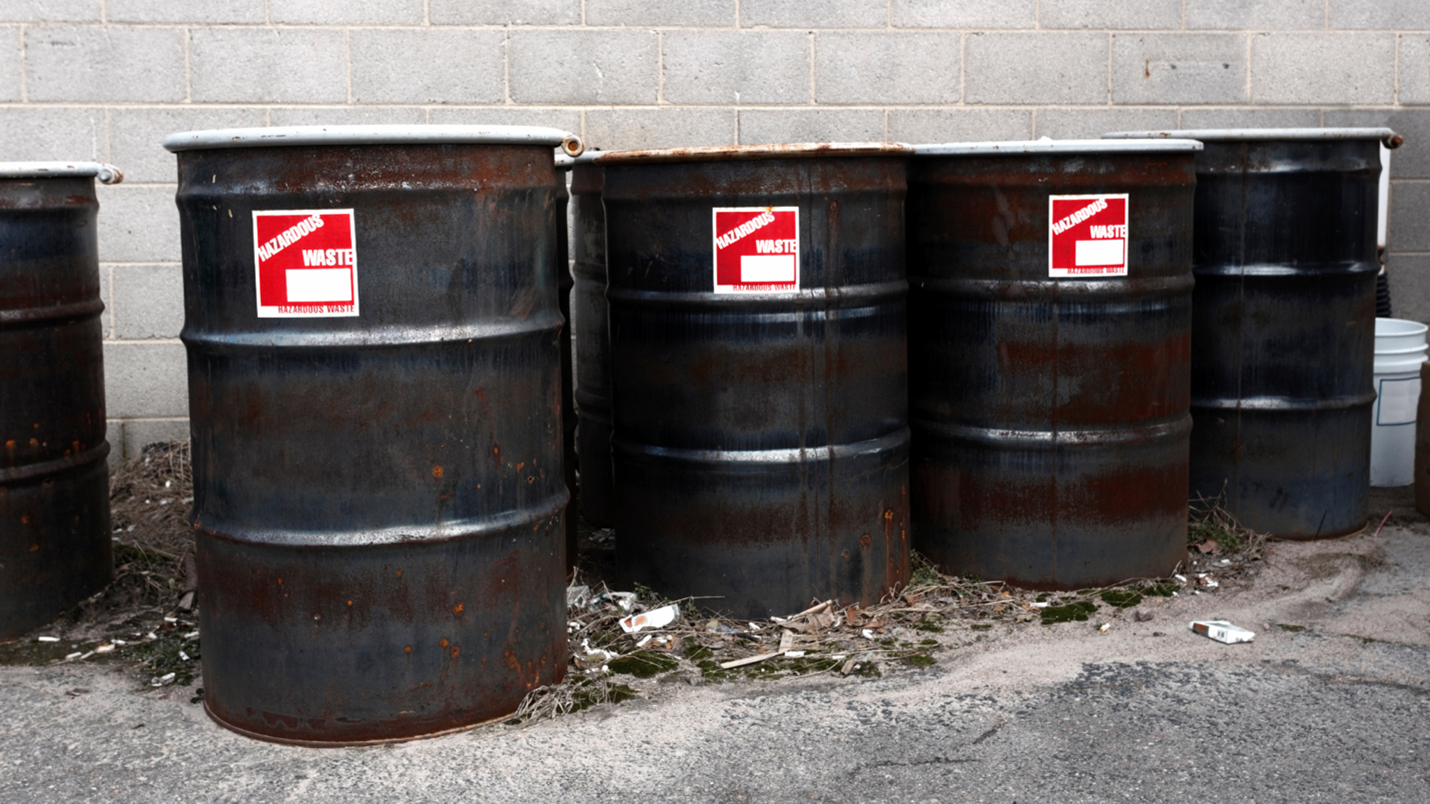News Blogs
-

Understanding The Cost of Workplace Injury: Why Training is Important
The last few years during and post-COVID-19 have been tough on the economy, especially on small businesses. Business owners are working with tighter budgets and are cutting or reducing many activities or programs that don’t directly benefit the bottom line. What to cut and what to keep? Undoubtedly, this is a tricky balancing act for […]... Learn more
-

What To Look for In a Hazardous Waste Management Company
Businesses that handle hazardous waste cannot function without knowing how to dispose of the waste correctly. So many regulations and protocols govern the management of hazardous waste, and they keep changing over time. You need the expertise to stay compliant in an ever-evolving regulatory environment. Finding the “right” hazardous waste disposal company cannot be understated. […]... Learn more
-

How Exposure to Mercury Impacts You and Your Body
Mercury is one of nature’s most toxic heavy metals and is found in air, water, and soil. If present, it starts to impact our health when in direct contact with this metal through physical contact, breathing or intake. This exposure can lead to neurological, cardiovascular (heart-related), digestive, hormonal, and dermatological (skin-related) issues. Mercury has no […]... Learn more
-

5 Consequences of Mismanaging Hazardous Waste
5 Consequences of Mismanaging Hazardous Waste Managing hazardous waste properly is essential to the success of your business. However, handling explosives, gases, and other dangerous substances is not easy. Mismanagement of these materials can compromise workers’ safety and security, possibly exposing employees to explosions, spills, and other situations that could be life-threatening. Apart from these […]... Learn more
-

Canada – Publication of Proposed Amendments to the Transportation of Dangerous Goods Regulations (Registration Database)
On June 25, 2022, The Government of Canada has created a new Transportation of Dangerous Goods Registration Database and will require persons who import, offer for transport, handle or transport dangerous goods in Canada to register themselves and the sites where they carry out such activities. Registered persons will have to provide administrative information about […]... Learn more
-

What is Required to Mark and Label Dangerous Goods Packages in Canada?
Labelling and marking dangerous goods shipments is essential to identify what the dangerous goods are, to avoid delays or fines and is also essential for preventing safety hazards. Before shipping, remember to check which laws and regulations apply and your carrier’s requirements. Dangerous goods labels convey the primary threats posed by the dangerous goods. This […]... Learn more
-

Why Should Transportation of Dangerous Goods Training be Integrated Into Your Chemical Management Program?
The Transportation of Dangerous Goods (TDG) Act and Regulations aim to promote public safety when dangerous goods are being handled, offered for transport or transported by road, rail, air, or water (marine). TDG also establishes safety requirements. Anyone who handles (ships, transports, and receives) dangerous goods by road, rail, air, or water (marine) must comply […]... Learn more
-

Does GHS Require Product Testing for Hazard Classification?
Chemical manufacturers, importers, and distributors must update how they classify and communicate the hazards of their products under the Globally Harmonized System (GHS) of SDS and Label authoring. It is mandatory to label products and provide Safety Data Sheets (SDS) that convey the dangers for anyone who purchases, receives, or uses the product. In addition, […]... Learn more
-

Why are Lithium Batteries Regulated in Transportation?
Lithium batteries are as dangerous as gasoline, sulphuric acid and propane. You find lithium batteries in many electronic devices today, such as cameras, cell phones, laptops, medical equipment and power tools. Due to our increasingly mobile lifestyle, our society depends on lithium cells and batteries. However, today’s lithium cells and batteries are more energy dense […]... Learn more
-

What Is The Difference Between WHMIS 2015 Vs HazCom 2012?
Workplace Hazardous Materials Information System, or WHMIS, is a comprehensive plan for providing health and safety information on hazardous products for use, handling, or storage in Canadian workplaces. Canada’s Hazardous Products Regulations (HPR) regulate hazardous products in Canada, as well as WHMIS, its national hazard communication standard. Provincial or territorial government departments responsible for health […]... Learn more
